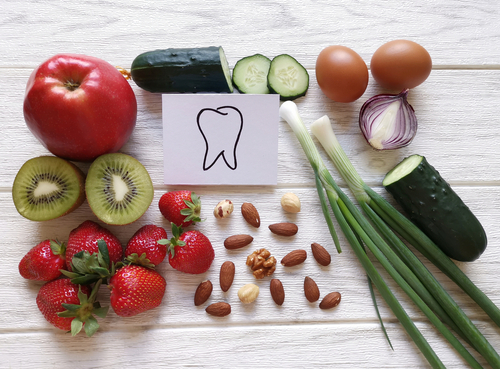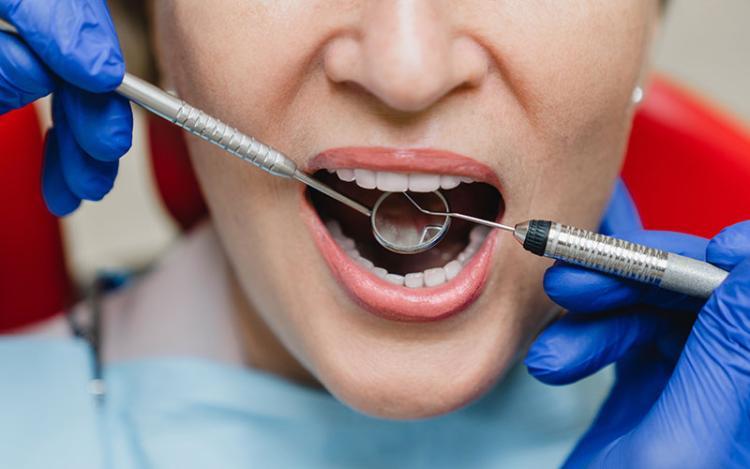Saliva: The Unsung Hero of Oral Health
Most of us rarely give it a second thought, yet saliva plays a crucial role in maintaining our oral health. This clear, watery liquid does more than just keep our mouth moist; it is vital for protecting our teeth and gums from various health issues. Here’s why it deserves more attention and how it helps keep our smiles healthy and bright.
Anúncios
A Natural Defence Against Decay
Saliva acts as a natural mouthwash, continuously washing away food particles and debris. By doing so, it helps prevent the build-up of harmful bacteria that can lead to tooth decay and gum disease. Saliva contains enzymes that break down food, reducing the impact of acids that erode tooth enamel. This protective role makes it an indispensable ally in our daily fight against cavities.
Anúncios
Stabilising Oral pH
Maintaining a balanced pH level in the mouth is vital for oral health, and saliva is key in this process. It helps neutralise acids produced when bacteria digest the sugars we eat. A neutral pH prevents the demineralisation of teeth, which can lead to decay. Without adequate amounts, the mouth’s pH can tilt too far towards acidity, increasing the risk of dental problems.
Promoting Tooth Remineralisation
Saliva isn’t just about defence; it also aids in repair. It contains calcium, phosphate, and fluoride, which are critical for remineralising teeth. This process restores minerals to the tooth enamel that might have been lost due to acid attacks. With enough saliva, your teeth have a better chance of repairing themselves and maintaining their strength.
Anúncios
The Importance of Hydration
Dehydration can significantly reduce saliva production, leading to dry mouth (xerostomia). This condition is more than just uncomfortable—it can severely impact oral health, making you more susceptible to decay and infections. Staying hydrated is essential, not just for overall health but also for keeping our mouths functioning correctly.
Tips to Boost Saliva Production
If you’re experiencing low saliva production, there are several strategies you can implement to help increase it. First, staying well-hydrated is key; aim to drink plenty of water throughout the day. Foods that require more chewing, such as crisp fruits and vegetables, can also stimulate saliva flow. Moreover, incorporating sour tastes like lemon or lime into your diet can trigger more production, but be mindful of their acidity.
Understanding the Impact of Medications
Many common medications, including antihistamines, blood pressure medications, and antidepressants, can contribute to dry mouth by reducing production. If you suspect your medication is affecting your oral health, consult with your healthcare provider. They may adjust your dosage or switch you to another medication that doesn’t have this side effect.
Saliva Tests: Gaining Insights into Health
Saliva isn’t just useful for maintaining oral health; it can also provide valuable insights into your overall health. The tests are now used to detect various conditions, from hormone imbalances to viral infections. By understanding the components, healthcare professionals can diagnose and manage health issues more effectively.
The Link Between Saliva and Digestion
Saliva plays a crucial role in digestion, starting the process of breaking down food as soon as you take a bite. It contains enzymes that begin the digestion of starches and fats, preparing them for further breakdown in the stomach. This not only helps in nutrient absorption but also in maintaining digestive health.
Supporting Overall Wellbeing
The benefits of it extend beyond the mouth; it is a vital component of our overall health ecosystem. Ensuring that our body produces enough saliva can significantly impact our quality of life, from enjoying our meals to speaking clearly and maintaining a healthy digestive system. Taking care of our saliva production is an investment in our overall wellbeing.
Managing Dry Mouth for Better Oral Health
If you struggle with dry mouth, whether due to medication, medical conditions, or lifestyle choices, managing it is crucial for maintaining oral health. Chewing sugar-free gum can stimulate saliva production. It’s also helpful to avoid alcohol and tobacco, known to reduce flow. Regular dental check-ups are essential, as your dentist can provide further guidance and treatment options to help manage dry mouth effectively.
In conclusion, it does much more for our oral health than most of us realise. It protects against decay, helps balance the pH of our mouth, and aids in the remineralisation of our teeth. By understanding the critical role saliva plays and taking steps to ensure its production is not compromised, we can better protect our oral health and enjoy a healthier, happier smile.




